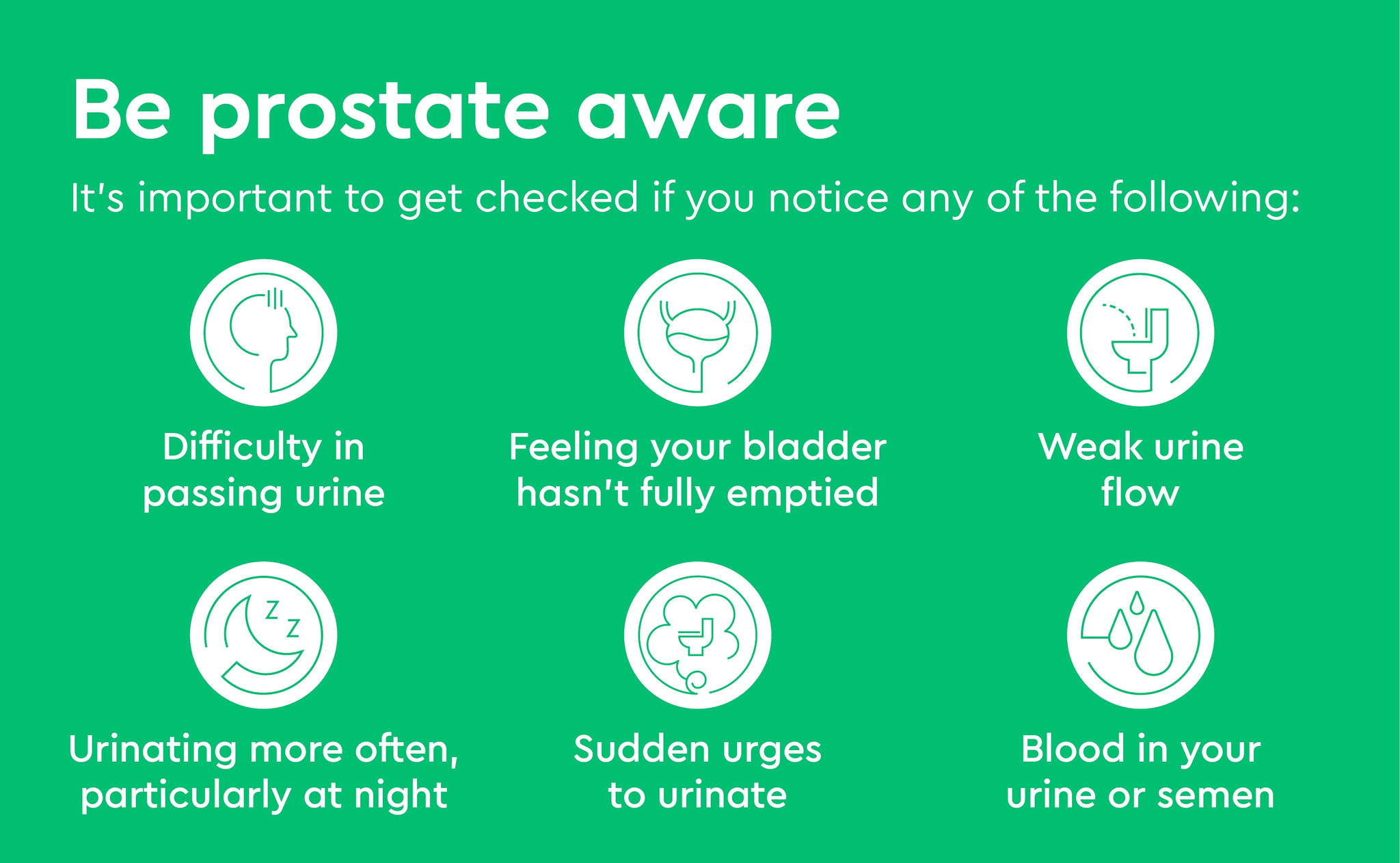- Patients
- Patient resources
- Patient stories
- Simon’s story – how I knew I had prostate cancer

Simon’s story – how I knew I had prostate cancer
Although Simon has a family history of prostate cancer, his diagnosis still came as shock. His regular PSA checks showed a healthy low level, however, Simon became concerned when he experienced a change in his ejaculate and occasional discomfort in his lower abdomen. He realised something was amiss, and quickly requested a PSA and a digital rectal examination from his GP.
Although Simon has a family history of prostate cancer, his diagnosis still came as shock. His regular PSA checks showed a healthy low level, however, Simon became concerned when he experienced a change in his ejaculate and occasional discomfort in his lower abdomen. He realised something was amiss, and quickly requested a PSA and a digital rectal examination from his GP.
Speaking up about men’s health
Simon explains “If I hadn’t been vigilant, I might not have been here now. Men need to be snappier about getting checked if they’re experiencing any unusual changes. I’ve been completely open with my friends about my prostate cancer symptoms and because of this, one friend approached me for advice on his changes in urinary frequency. Straight away I told him to book an appointment with his GP to get checked, and as it turned out he had a raised PSA, he’s now on active surveillance. From speaking up on LinkedIn, I’ve also helped a stranger alleviate his treatment concerns and we’re in regular contact to support each other. I’ve learnt that as men, we shouldn’t be in denial and let things get out of control, but most importantly we shouldn’t delay seeing a medical professional because by acting now, you could save your life.” Simon is now passionate about getting men to talk about their health, and not be embarrassed to speak up if they’re experiencing symptoms.
Simons family history of prostate cancer
“I knew I had a family history of prostate cancer, my father passed away from the disease and my uncle currently has a diagnosis and is undergoing treatment. So, I regularly completed PSA tests and they were returning healthy, I wasn’t experiencing any changes to my urinary flow or getting up too frequently in the night for toilet visits, but I had a small amount of nagging discomfort in my lower abdomen. When I started to notice a change in my ejaculate, I knew I probably needed to get myself checked.”

Fast diagnostic appointments
If you’re worried about symptoms or have any concerns, you can book an appointment with an expert at one of our UrologyHubs.
Treatment for prostate cancer
Because of Simon’s symptoms and an unchanged, low PSA test result, he underwent a digital rectal examination which detected an abnormality in his prostate. Further tests, including an MRI and prostate biopsy, confirmed he had prostate cancer. Simon had a prostatectomy and was then referred to Prof. Amit Bahl at GenesisCare in Bristol, for monitoring and subsequent commencement of hormone therapy followed by 6.5 weeks of radiotherapy.
Prof Bahl comments “Whilst a low PSA level and prostate cancer diagnosis aren’t common, it can occur for some men. It’s important to be aware of prostate cancer symptoms such as urinary problems, erectile dysfunction and presence of blood in the ejaculate. To fully diagnose prostate cancer a patient needs to have a digital rectal examination, an MRI and a biopsy. Simon has now completed his treatment and he’ll continue to be monitored, if there is evidence of a recurrence, we have treatment options available at GenesisCare.”
Simon shares “The team at GenesisCare recognised it was a difficult time for me, they understood this so well, and made every effort to make sure everything in my treatment experience was as good as it could be. The connection with Penny Brohn UK and complementary exercise medicine programme really demonstrates GenesisCare recognise the need for recovery of your body and mind."
Prostate cancer is the most common cancer in men
Learn about prostate cancer, including the causes, risk factors and symptoms, as well as staging and grading.